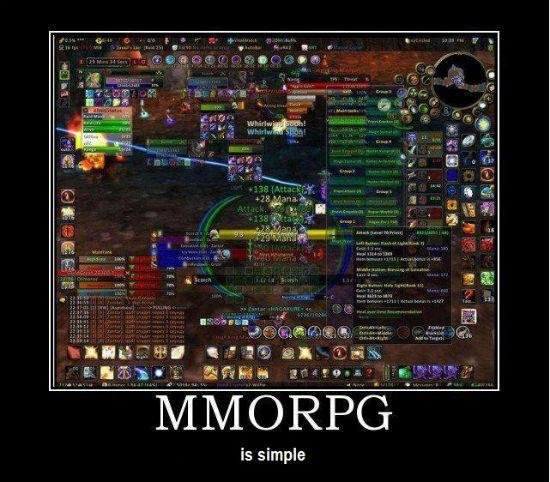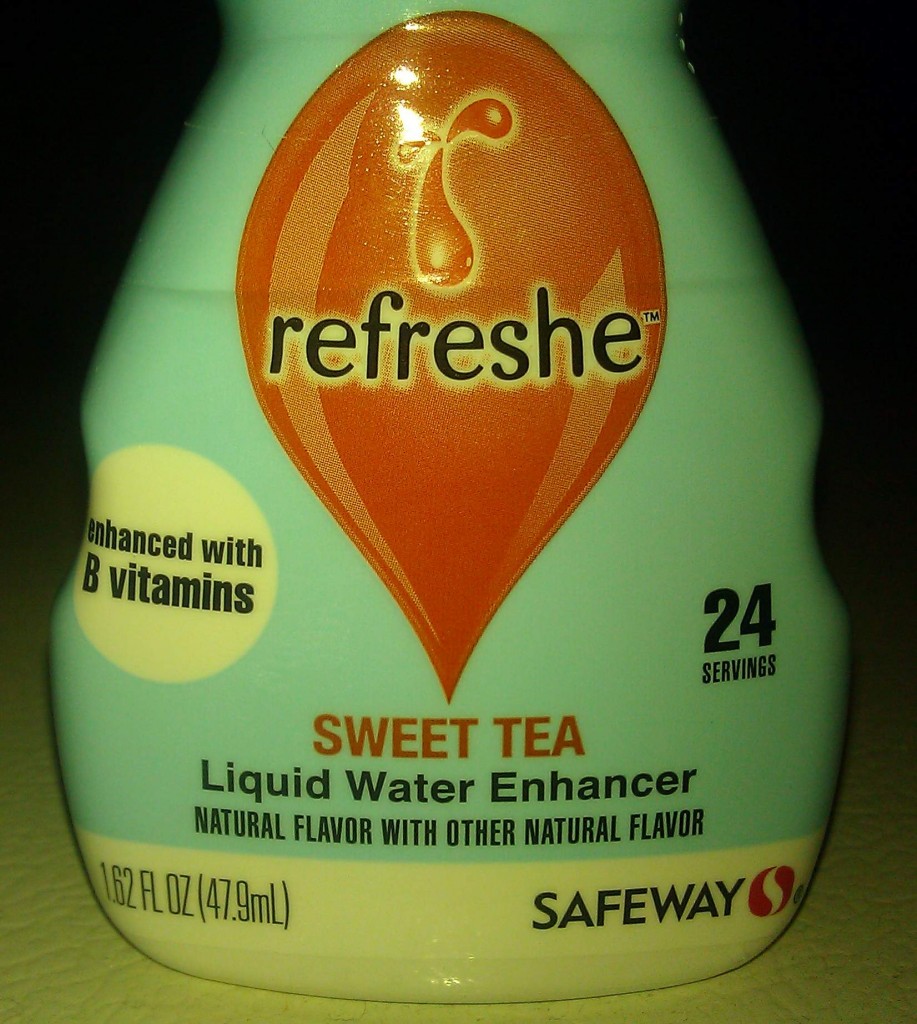The funny thing about stopping is that as soon as you do it, here you are. Things get simpler. In some ways, it’s as if you died and the world continued on. If you did die, all your responsibilities and obligations would immediately evaporate. Their residue would somehow get worked out without you. No one would take over your unique agenda. It would die or peter out with you just as it has for everyone else who has ever died.
-Jon Zinn, Wherever You Go, There You Are
There are always more opportunities to do things than there are hours in the day. We choose some opportunities over others, and choose what level of effort to put into the opportunities we pursue. Importantly, these choices are amplified over time to determine the course of our life, and our legacy.
Like many others, I’ve struggled with the fact that there are many more things that I would like to do than I have time to do. While this is a common problem, how we approach this constraint is vitally important. Oftentimes, I am not deliberate in deciding how to spend my time. It’s easy to drift along doing productive work, feeling content that something is getting done, without considering if doing other work might be more important.
What philosophy should guide choosing the few things I can actually do from the many more things I might like to?
The quote that opened this post reflects on how the world will roll on without us. How would the world be different without you? In totality, the world would not be much affected: The country would not shut down, many other people would be born and die that same day, and waves would continually crash onto sandy beaches and recede to the ocean. Yet however slight, your absence would have impact, one that might grow as time passed: The accumulating impact of your unique contribution to the world.
There are some things in the world that are inevitable, that if you do not do them, someone else will. For example, many inventions and scientific discoveries are likely inevitable; that is, without Edison, we would still at some point have had an effective light bulb. This idea is called multiple discovery, that multiple scientists often discover the same principle independently at approximately the same time.
Of course, that is not to say that individual scientists do not have unique impact. While Darwin and Wallace both discovered the principle of natural selection at approximately the same time, Darwin’s superior insight into evolution, documented in his masterpiece, On the Origin of Species, much more greatly impacted the world than did Wallace’s works.
That is the kind of legacy I would like to leave; my aspirations are not as grandiose as to discover something so fundamental as natural selection, but I would like to leave a unique imprint on the world, to follow threads that are uniquely suited to be followed by me, to know something (no matter how tiny) more deeply than anyone else, and to create something beautiful that no one else might have otherwise created.
What would be different fifty years from now between if you died today and if you were instead alive and productive for twenty of those years?
This is the divergence I want to maximize, I want to follow my unique path as best I can, to add to the world something uniquely mine. The reason is not only personal vanity and wanting imprint myself on the world, but also because the world would likely be better if everyone lived in such a way. Science would progress faster, because more people would be following unique directions. There would be more varied and numerous art , as people would be driven to create something truly reflecting their own uniqueness. And people would perhaps even be happier, knowing they are uniquely impacting the course of history — at least more than they otherwise might without this philosophy.
In practice, one must learn to recognize that some projects are merely low-hanging fruit — so obvious or attractive or necessary or straightforward that their completion is inevitable. Those are the projects to be avoided to maximize your unique impact. However, the more unique projects are also likely more uncertain. It requires more courage to strike out on your own, in a direction not favored by the crowd.
In this way, maximizing uniqueness may also increase risk, because uncertain projects bear risk. For example, in academia, there is this pressure to publish more, or in a 9-5 job, there is a pressure to do more. Doing or publishing more is often easier when the projects are simple and well-defined. Thus doing what you are uniquely situated to do may be risky, because unique projects are risky, and our culture often overly punishes failure — even when no Herculean effort could have ever resulted in success.
This potential punishment implies that enacting the philosophy of maximal impact requires swimming against the natural current, which is difficult. It requires courage, deliberate action, and thought.
It requires embracing failure as an option.
I am still exploring how I want to live my life, and what principles to guide my decisions by, but the one outlined here appeals to me. It requires investigating what I am uniquely positioned to do, and then doing those things at the expense of simpler or more attractive things — those that will inevitably be completed. Doing inevitable things might render me in effect a cog in a machine, whereas striking out on my own means that I am escaping that machinery to possibly impact the course of the world, even if in a tiny, tiny way.

